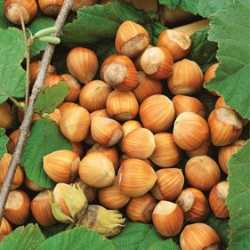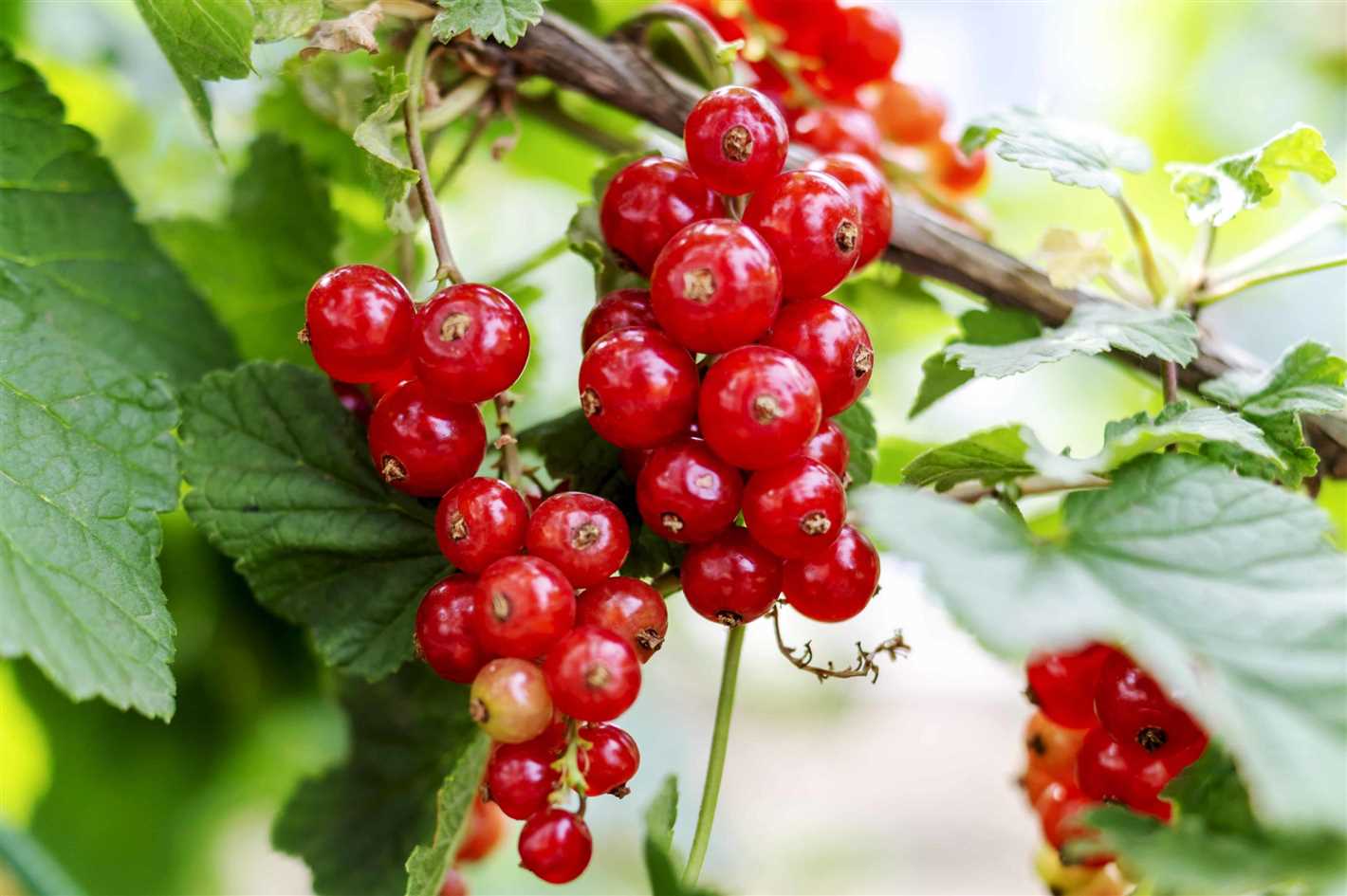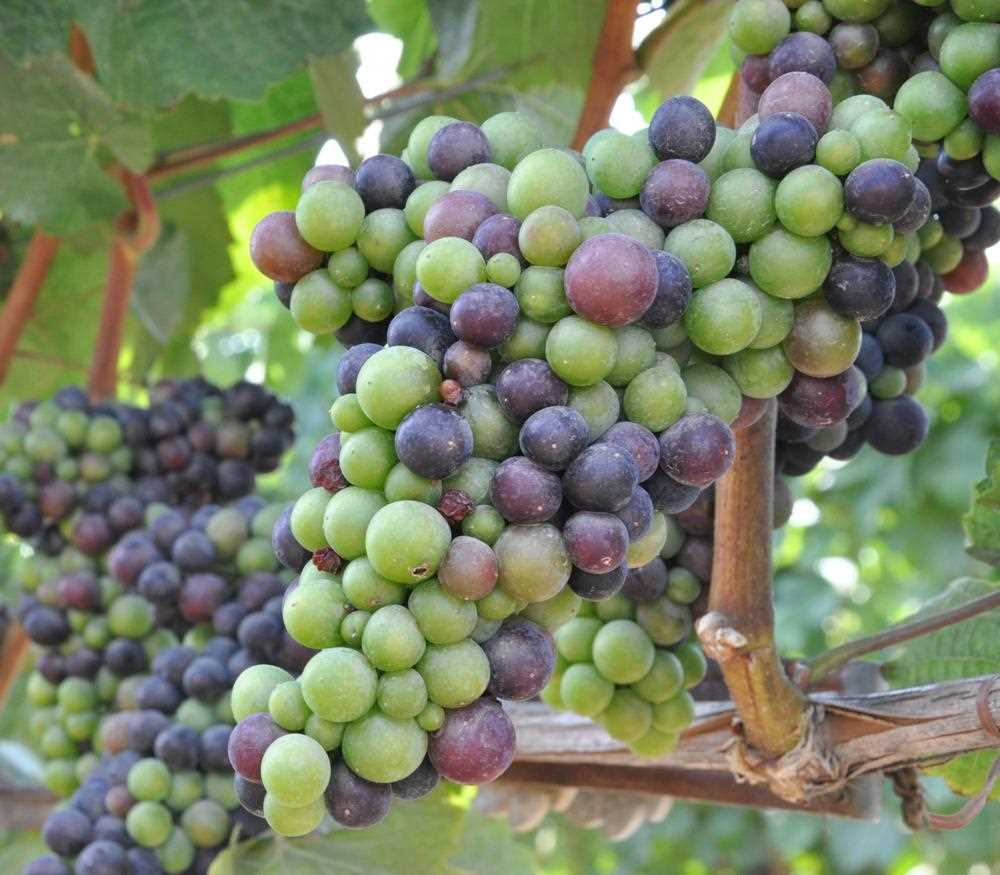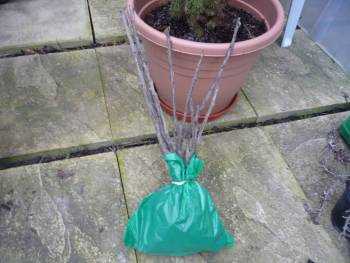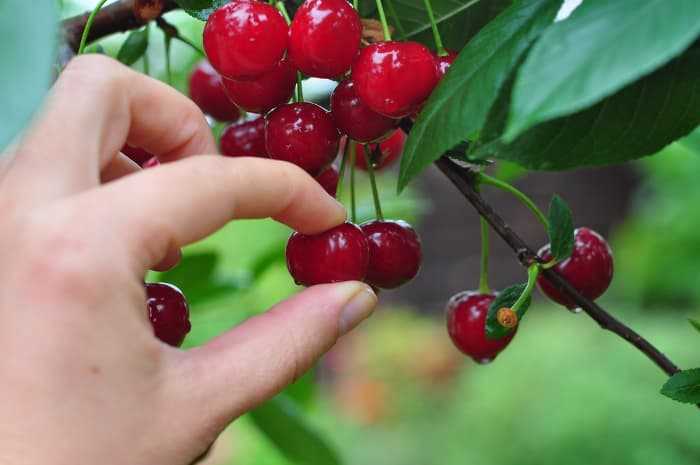- What is Colloidal Sulphur?
- Grape Oidium: An Ongoing Problem
- Preventive Measures
- Control Measures
- Conclusion
- Benefits of Colloidal Sulphur
- 1. Effective Oidium Control
- 2. Safe and Environmentally Friendly
- 3. Easy Application
- 4. Long-lasting Protection
- 5. Cost-effective Solution
- 6. Residue-free Grapes
- Conclusion
- Effective and Reliable Solution
- Advantages of Colloidal Sulphur
- Application of Colloidal Sulphur
- Safe and Environmentally-Friendly
- How to Use Colloidal Sulphur
- Application Tips
- 1. Follow the recommended dosage
- 2. Apply during the early morning or evening
- 3. Ensure complete coverage
- 4. Reapply after rain
- 5. Use appropriate protective gear
- 6. Monitor the effectiveness
- 7. Consider preventive application
- 8. Follow local regulations
- Question-answer:
- What is the main problem that grape growers face in vineyards?
- Why is grape oidium a significant concern for grape growers?
- What is colloidal sulphur?
- How does colloidal sulphur help in controlling grape oidium?
- What are the advantages of using colloidal sulphur as a remedy for grape oidium?
- How should colloidal sulphur be applied to grapevines?
- Video: Starting a vineyard part 11 – Fungicide spraying for Mildew and other fungal infections.
Grape oidium, also known as powdery mildew, is a common fungal disease that affects grapevines worldwide. It can cause significant damage to grape crops, leading to reduced yields and lower quality grapes. Finding effective remedies for this disease is crucial for grape growers to ensure the health and productivity of their vineyards.
One reliable and simple remedy that has been proven effective in controlling grape oidium is colloidal sulphur. Colloidal sulphur is a suspension of finely divided sulphur particles in water. It is easily applicable as a spray and can be used preventively or at the first signs of the disease.
The mode of action of colloidal sulphur against grape oidium is multifaceted. Firstly, the sulphur particles form a physical barrier on the plant surface, preventing the fungal spores from germinating and penetrating the plant tissues. Secondly, sulphur is toxic to the fungal cells, inhibiting their growth and reproduction. Finally, sulphur has an anti-inflammatory effect on the plant, reducing the severity of the disease symptoms.
Colloidal sulphur is not only effective against grape oidium, but it is also relatively safe to use in vineyards. It has a low toxicity to humans and animals, and it is biodegradable, minimizing its impact on the environment. However, it is essential to follow the recommended application rates and guidelines to ensure its optimum efficacy.
Overall, colloidal sulphur proves to be a reliable and simple remedy for grape oidium. Its effective control of the disease, coupled with its safety and environmental-friendly characteristics, make it a valuable tool in grape cultivation.
What is Colloidal Sulphur?
Colloidal sulphur is a type of elemental sulphur that is highly dispersed in a liquid medium. It is made up of very fine particles of sulphur that are suspended in water or another liquid. This colloidal form of sulphur is commonly used as a remedy for various plant diseases, including grape oidium.
Colloidal sulphur is known for its fungicidal properties, making it an effective treatment for grape oidium, which is a fungal disease that affects grapevines. It works by inhibiting the growth and reproduction of the fungus responsible for the disease, ultimately preventing its spread and reducing its impact on grape crops.
The use of colloidal sulphur as a remedy for grape oidium is advantageous due to its reliability and simplicity. It is easy to apply and can be sprayed directly onto the affected grapevines. The particles of sulphur in the colloid adhere to the surface of the plants, forming a protective barrier that prevents the fungus from colonizing and causing further damage.
In addition to its fungicidal properties, colloidal sulphur also possesses some antibacterial and insecticidal properties. This makes it a multi-purpose solution for grape growers, as it can effectively manage not only grape oidium but also certain bacterial infections and insect infestations that commonly affect vineyards.
Grape Oidium: An Ongoing Problem
Grape oidium, also known as powdery mildew, is a common fungal disease that affects grapevines. It is caused by the fungus Erysiphe necator, and it can significantly reduce grape yields and quality.
Oidium can thrive in a variety of climates and can affect grapevines at different stages of growth. The fungus infects the leaves, shoots, and fruits of the grapevine, leading to the formation of a white to gray powdery coating on the affected parts. This powdery coating consists of the fungal spores and can easily spread to other grapevines.
The infestation of grape oidium can result in various negative effects. It can reduce the photosynthetic activity of leaves, leading to decreased sugar accumulation in the grapes. This can affect the flavor and sweetness of the grapes, resulting in lower quality wine production. Additionally, oidium can cause premature defoliation, reducing the overall vigor of the grapevines.
Grape growers often struggle to control oidium due to its ability to develop resistance to fungicides. This ongoing problem requires an effective and reliable solution to prevent or manage the disease.
Preventive Measures
To prevent or minimize the incidence of oidium, grape growers can implement several preventive measures:
- Plant resistant grape varieties
- Properly space grapevines to increase air circulation
- Prune grapevines to reduce foliage density
- Apply sulfur-based fungicides as a preventive measure
- Monitor grapevines regularly for the presence of oidium symptoms
Control Measures
If oidium is already present in the vineyard, additional control measures may be required. These can include:
- Applying fungicides specifically targeted at oidium
- Using biological control agents, such as beneficial fungi, to suppress oidium growth
- Removing and destroying infected plant parts
- Practicing proper sanitation by cleaning tools and equipment
- Adjusting irrigation practices to avoid conditions favorable for oidium development
Conclusion
Grape oidium is an ongoing problem for grape growers, as it can significantly impact yields and wine quality. Preventive measures, such as planting resistant varieties and implementing good cultural practices, can help reduce the incidence of oidium. Control measures, like the use of targeted fungicides and biological control agents, can be applied if oidium is already present. By implementing a multifaceted approach, grape growers can effectively manage oidium and minimize its negative effects on their vineyards.
Benefits of Colloidal Sulphur
1. Effective Oidium Control
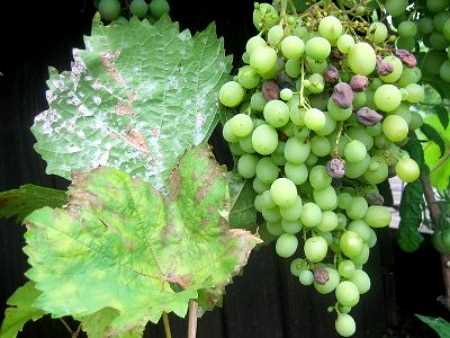
One of the main benefits of colloidal sulphur is its effectiveness in controlling oidium, a common fungal disease that affects grapevines. Colloidal sulphur works by inhibiting the growth of fungal spores and preventing the development of oidium on grapes. It acts as a protective barrier on the surface of the grapes, preventing the spread of the disease and protecting the grapes from damage.
2. Safe and Environmentally Friendly
Colloidal sulphur is a safe and environmentally friendly remedy for grape oidium. It does not contain harmful chemicals or toxins that can be harmful to humans, animals, or the environment. It is a natural substance derived from elemental sulphur and water, making it a sustainable and eco-friendly solution for grape growers.
3. Easy Application
Another advantage of colloidal sulphur is its ease of application. It can be easily sprayed onto the grapevines using a regular sprayer or atomizer. Its liquid form allows for convenient and uniform application, ensuring that the grapes are adequately protected from oidium.
4. Long-lasting Protection
Colloidal sulphur provides long-lasting protection against oidium. Once applied, it forms a protective film on the grapes, preventing the fungus from penetrating the grape skin and causing damage. This long-lasting protection allows grape growers to effectively control oidium and ensure a healthy grape harvest.
5. Cost-effective Solution
Using colloidal sulphur as a remedy for grape oidium is a cost-effective solution for grape growers. It is relatively inexpensive compared to other chemical fungicides, making it a more affordable option for controlling oidium. Additionally, its long-lasting protection reduces the need for frequent reapplications, further saving on costs.
6. Residue-free Grapes
Unlike some chemical fungicides, colloidal sulphur does not leave behind harmful residues on the grapes. This means that the grapes can be safely consumed without any risk to human health. Colloidal sulphur provides effective oidium control without compromising the quality and safety of the grapes.
Conclusion
Colloidal sulphur offers a range of benefits for grape growers dealing with oidium. Its effectiveness, safety, ease of application, long-lasting protection, cost-effectiveness, and residue-free nature make it a reliable and simple remedy for controlling oidium and ensuring a healthy grape harvest.
Effective and Reliable Solution
Sulphur has long been recognized as an effective and reliable solution for combating grape oidium, also known as powdery mildew. This fungal disease can cause significant damage to grapevines, reducing yields and affecting the quality of the grapes.
Colloidal sulphur, a suspension of finely divided sulphur particles in water, is a simple and accessible form of sulphur that has proven to be an efficient remedy for grape oidium. It works by inhibiting the growth and development of the fungus, preventing it from spreading and causing damage to the grapevines.
Advantages of Colloidal Sulphur
- Reliability: Colloidal sulphur has been extensively studied and used for many years, showing consistent results in controlling grape oidium. Its effectiveness has been proven in numerous vineyards around the world.
- Ease of use: Colloidal sulphur is easy to apply and requires no complex equipment or specialized knowledge. It can be applied as a spray directly onto the grapevines, making it a convenient solution for grape growers.
- Safety: Colloidal sulphur is considered safe for humans, animals, and the environment when used as directed. It poses minimal risk to the health of vineyard workers and does not leave harmful residues on the grapes.
- Cost-effective: Compared to other chemical treatments, colloidal sulphur is a cost-effective solution for controlling grape oidium. Its affordability makes it accessible to vineyards of all sizes, from small family-owned operations to large commercial enterprises.
Application of Colloidal Sulphur
The application of colloidal sulphur should be done at specific stages in the growth cycle of the grapevines. It is recommended to apply the solution early in the season, preferably during the pre-bud burst period, to prevent the onset of the disease. Additional treatments may be required throughout the growing season, depending on the severity of the infestation.
The spray should be applied evenly, covering both sides of the leaves and the clusters of grapes. It is important to follow the instructions provided by the manufacturer and to apply the correct dosage to ensure effective control of grape oidium.
| Growth Stage | Dosage |
|---|---|
| Pre-bud burst | 1-3% solution |
| Post-bud burst | 0.5-1% solution |
| Fruit development | 0.5-1% solution |
Regular monitoring of the vineyard is essential to detect any signs of grape oidium and to apply colloidal sulphur as soon as the disease is identified. This proactive approach helps to prevent the spread of the fungus and promotes healthy grape growth.
In conclusion, colloidal sulphur is an effective and reliable solution for combating grape oidium. Its ease of use, safety, and cost-effectiveness make it a preferred choice for grape growers worldwide. By incorporating colloidal sulphur into their disease management plan, vineyard owners can ensure healthier grapevines and higher quality grapes.
Safe and Environmentally-Friendly
The use of colloidal sulphur as a remedy for grape oidium offers several benefits in terms of safety and environmental friendliness. Unlike chemical fungicides, colloidal sulphur is a natural substance that does not have any harmful effects on human health. It is non-toxic and does not leave any residues on the grapes or in the soil, making it safe for both consumers and workers.
Furthermore, colloidal sulphur is an environmentally-friendly option for controlling grape oidium. It does not contribute to air or water pollution and does not harm beneficial insects or other organisms in the vineyard ecosystem. This makes it a sustainable choice for grape growers who are concerned about the long-term health of their vineyards and the surrounding environment.
In addition, colloidal sulphur is easy to apply and does not require any specialized equipment. It can be sprayed directly onto the vines using conventional sprayers, making it a cost-effective solution for grape growers. Its effectiveness in controlling grape oidium has been proven through scientific research, making it a reliable choice for managing this fungal disease.
In conclusion, colloidal sulphur is a safe, environmentally-friendly, and effective remedy for grape oidium. Its natural composition and low environmental impact make it an ideal choice for grape growers who are looking for sustainable solutions for pest and disease control in their vineyards.
How to Use Colloidal Sulphur
- Step 1: Prepare the solution by diluting the colloidal sulphur in water according to the instructions provided on the product label. The recommended concentration may vary depending on the severity of the grape oidium infection.
- Step 2: Fill a sprayer or a spray bottle with the prepared colloidal sulphur solution.
- Step 3: Begin spraying the solution onto the affected grape plants, focusing on the leaves, stems, and any visible signs of oidium growth.
- Step 4: Make sure to cover both sides of the leaves, as well as the affected areas, to ensure complete coverage and maximum effectiveness.
- Step 5: Repeat the application at regular intervals, as specified on the product label or as advised by an agricultural expert. This helps prevent re-infestation and ensure long-lasting protection against grape oidium.
- Step 6: Take proper safety precautions while handling colloidal sulphur. Wear protective clothing, such as gloves and goggles, to prevent any skin or eye irritation.
- Step 7: Store the remaining colloidal sulphur solution in a cool, dry place, away from direct sunlight and out of reach of children or pets. Follow the recommended storage instructions provided on the product packaging.
Application Tips
1. Follow the recommended dosage
When applying colloidal sulphur to treat grape oidium, it is important to follow the recommended dosage. The dosage can vary depending on factors such as the severity of the infection and the specific product being used. It is always best to consult the product label or reach out to a local agricultural expert for specific dosage instructions.
2. Apply during the early morning or evening
For optimal effectiveness, it is recommended to apply colloidal sulphur during the early morning or evening. This is because these times of the day typically have cooler temperatures and higher humidity, which are ideal conditions for the treatment to take effect.
3. Ensure complete coverage
When applying colloidal sulphur, it is important to ensure complete coverage of the grape vines and foliage. Oidium fungus tends to infect the undersides of leaves as well, so thorough application is necessary to target all affected areas.
4. Reapply after rain
If rainfall occurs after the initial application of colloidal sulphur, it is recommended to reapply the treatment. Rain can wash away the sulfur particles from the leaves, reducing its effectiveness. Reapplication will ensure continued protection against grape oidium.
5. Use appropriate protective gear
When handling and applying colloidal sulphur, it is important to wear appropriate protective gear to avoid any skin or eye irritation. It is advisable to use gloves, goggles, and a face mask while handling the product to prevent any potential health risks.
6. Monitor the effectiveness
After applying colloidal sulphur, it is crucial to monitor the effectiveness of the treatment. Regularly check the grape vines for any signs of improvement or worsening of the oidium infection. Depending on the severity of the infection, additional applications may be required.
7. Consider preventive application
In areas where grape oidium is a known problem, it may be beneficial to consider preventive application of colloidal sulphur. Applying the treatment before any signs of infection can help protect the grape vines and prevent the spread of oidium fungus.
8. Follow local regulations
It is important to follow any local regulations and guidelines regarding the use of colloidal sulphur for grape oidium treatment. Some regions may have specific restrictions or requirements for the application of agricultural treatments, so it is important to be aware of and comply with such regulations.
Question-answer:
What is the main problem that grape growers face in vineyards?
The main problem that grape growers face in vineyards is grape oidium, a fungal disease.
Why is grape oidium a significant concern for grape growers?
Grape oidium is a significant concern for grape growers because it can cause severe damage to grapevines, leading to reduced yield and quality of grapes.
What is colloidal sulphur?
Colloidal sulphur is a form of elemental sulphur that has been finely milled and suspended in a liquid solution.
How does colloidal sulphur help in controlling grape oidium?
Colloidal sulphur acts as a fungicide and works by preventing the growth and spread of the oidium fungus on grapevines.
What are the advantages of using colloidal sulphur as a remedy for grape oidium?
Using colloidal sulphur as a remedy for grape oidium has several advantages. It is a reliable and simple solution that is effective in controlling the disease. It is also easy to apply and has a low risk of causing harm to the grapevines or the environment.
How should colloidal sulphur be applied to grapevines?
Colloidal sulphur should be applied to grapevines using a handheld sprayer or other suitable equipment. It is important to follow the instructions provided by the manufacturer for proper application and dosage.
